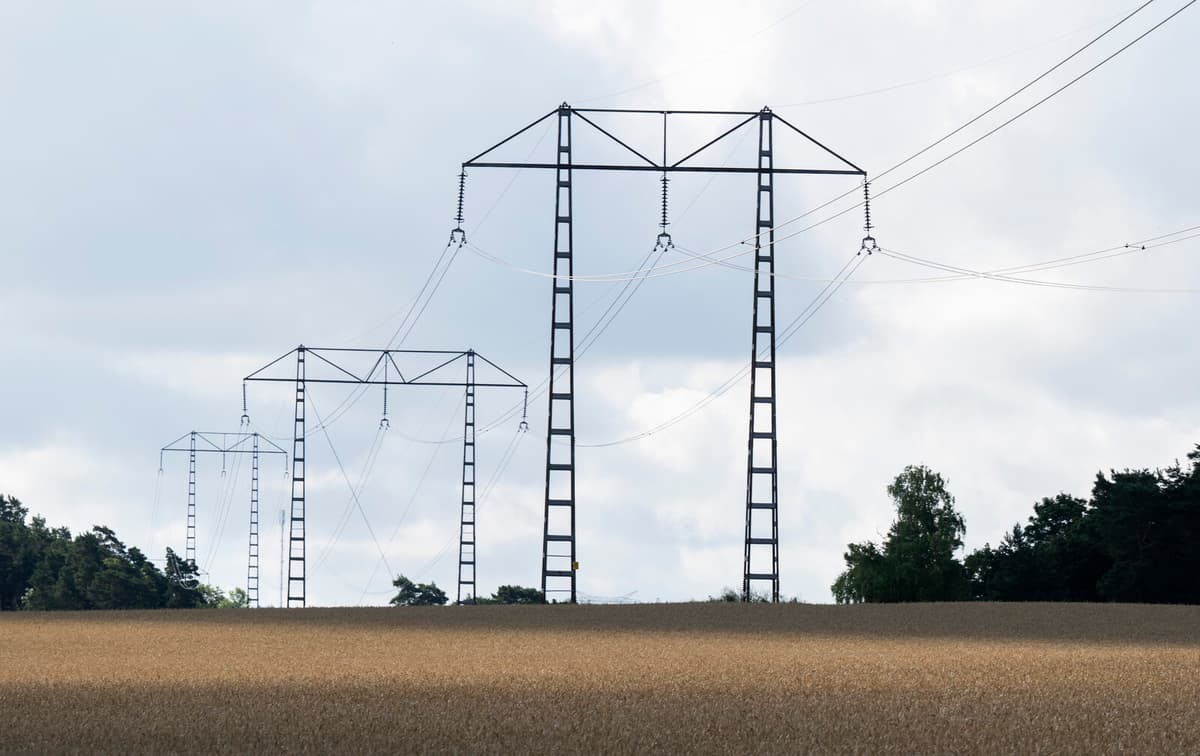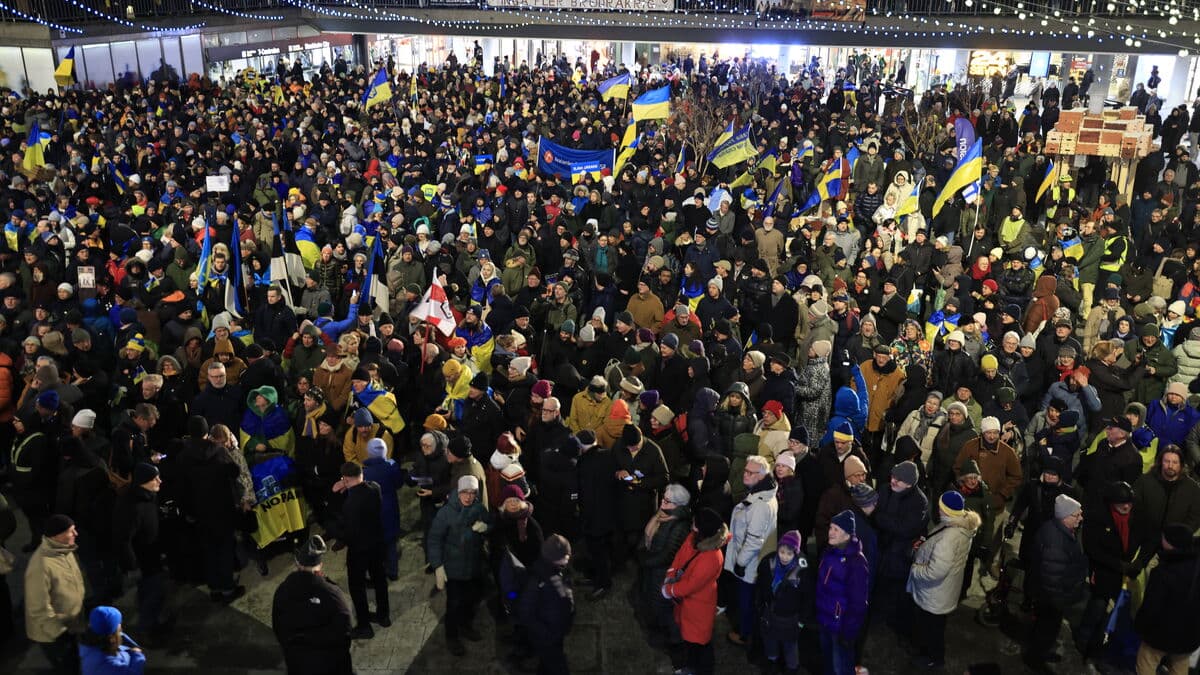From the end of October, Sweden and the rest of the Nordic countries will get a completely new model that is intended to make electricity transmission smarter – so-called flow-based capacity calculation.
However, the model has been met with harsh criticism from both experts, producers, and consumers. Above all, Svenska kraftnät's test run of the model indicates that Sweden as a country will come out as a loser with higher electricity prices.
"Risks giving higher electricity prices"
Therefore, the Social Democrats want to postpone the timetable. It was hardly higher electricity prices that the government and SD promised the voters, emphasizes Fredrik Olovsson.
It risks giving higher electricity prices across the country. And affecting families who are already struggling.
But will it get better if we postpone it? Or should we stop it?
The first thing is to pause the transition now. We believe that a better analysis is needed, which includes all the damages that the Swedish economy risks. We don't think that's included, he says.
Compensate electricity consumers
Olovsson suspects that electricity producers can come out as winners, even though they are among the loudest critics of the new model for electricity transmission.
Then you must also have a plan for how to compensate the users. There is a distribution policy in this as well, not just between countries, but also in Sweden, says Olovsson.
This is what Energy Minister Ebba Busch (KD) said when the issue was raised on Monday at a meeting with the Sydsvenska Chamber of Commerce – which is part of the chorus of critics.
It's going to be a huge mess if this goes badly, but it's too early to say if it will be like that, she said.






